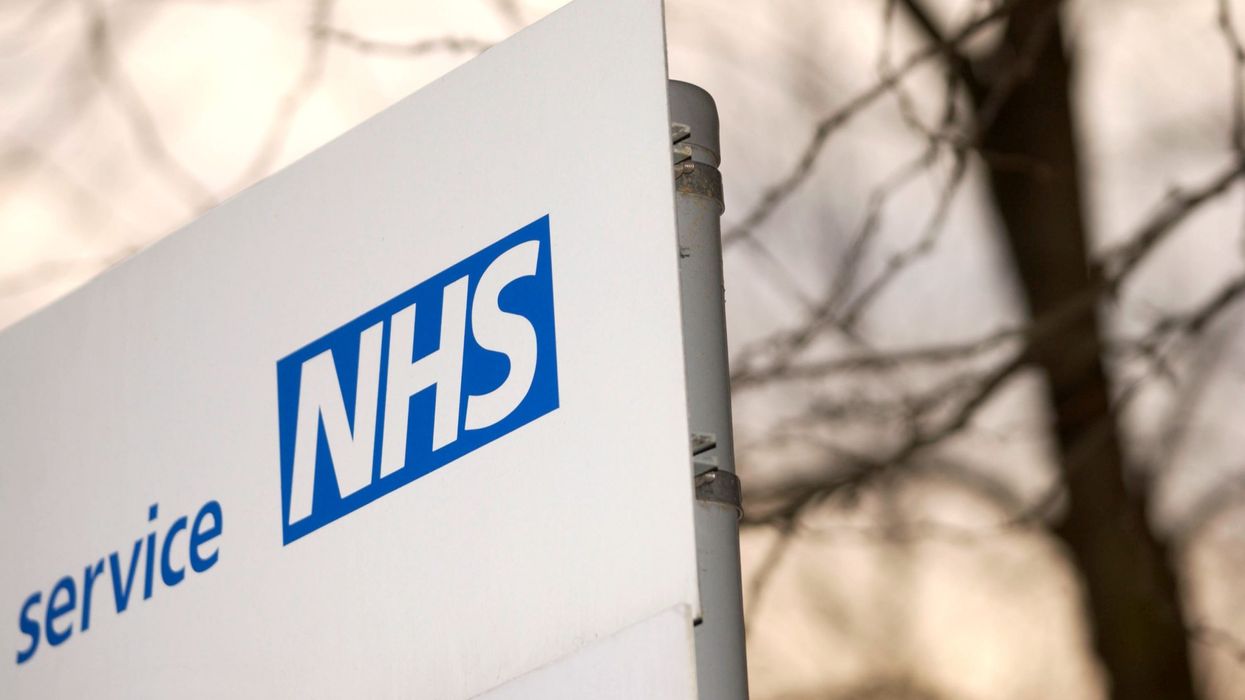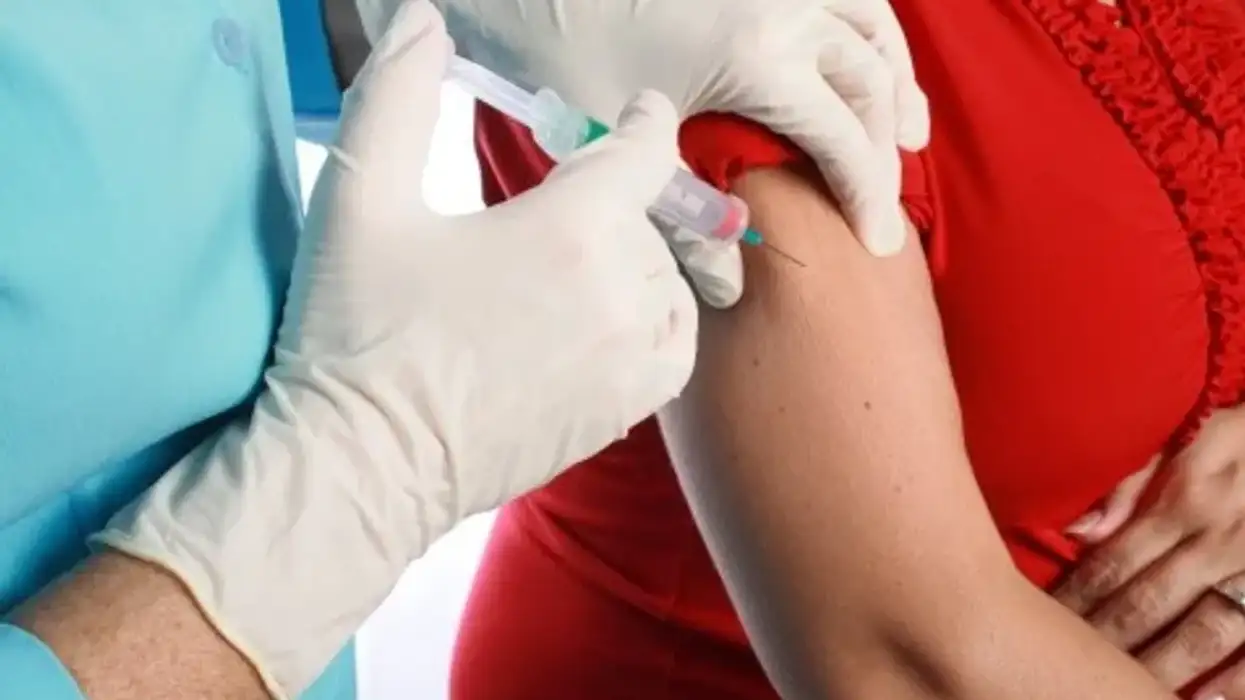According to the proportion of NHS spending on general practice currently at its lowest in nearly a decade
A groundbreaking research project has revealed that the public is urging the government to prioritise primary and community care over hospitals.
The study also found a strong public willingness to pay higher taxes to enhance NHS services.
The Health Foundation and Ipsos UK conducted the research, combining nationwide polling with in-depth public deliberative workshops.
These workshops, held in King’s Lynn, Leeds, and London, constitute one of the most comprehensive public consultations about the future of the NHS in England.
The study published on 16 May underscores the public’s desire for a redistribution of NHS resources. If the NHS budget remains unchanged, 60 per cent of those polled believe the government should focus on improving access to community-based services like general practice and dentistry.
This figure is double the number of those who would prioritise hospital access (29 per cent).
Workshop participants also largely supported a greater emphasis on primary and community care to alleviate hospital demand.
Despite ambitions to shift more services into the community, successive governments have fallen short, with the proportion of NHS spending on general practice currently at its lowest in nearly a decade.
The research follows a recent Health Foundation analysis predicting an additional 2.6 million people will have a major illness by 2040.
Conditions such as anxiety, depression, chronic pain, and diabetes could be more effectively managed in primary care.
Approximately half of the public (47 per cent) would prefer a tax increase to maintain current NHS care and service levels.
This contrasts with the 11 per cent who would cut spending on other public services and the 9 per cent who would reduce NHS service levels to avoid tax and spending increases.
The poll also found that Labour (63 per cent) and Liberal Democrat (61 per cent) voters are more in favour of tax increases than Conservative voters (41 per cent).
Despite cost-of-living concerns, workshop participants overwhelmingly supported NHS service improvements and tax increases to achieve this.
They also favoured earmarked taxes, similar to the health and social care levy introduced by Boris Johnson’s government, and VAT, over income tax.
The public’s faith in the NHS’s founding principles remains robust, with survey respondents in England agreeing that it should continue being free at the point of delivery (88 per cent), providing a comprehensive service available to everyone (84 per cent) and being funded primarily through taxation (83 per cent).
However, the research highlights a significant mistrust and lack of confidence in the government’s handling of the NHS.
Only per cent of those surveyed in England believe that the government has the right policies for the NHS, and 54 percent predict that the standard of NHS care will deteriorate in the coming year.
Tim Gardner, Assistant Director of Policy at the Health Foundation, emphasised the importance of understanding public expectations as we approach the general election.
He stated, “The public clearly supports the need for greater investment in primary and community care."
"With such low confidence in the government’s handling of the NHS, the next administration must swiftly restore public confidence and be transparent about the challenges it faces.”












